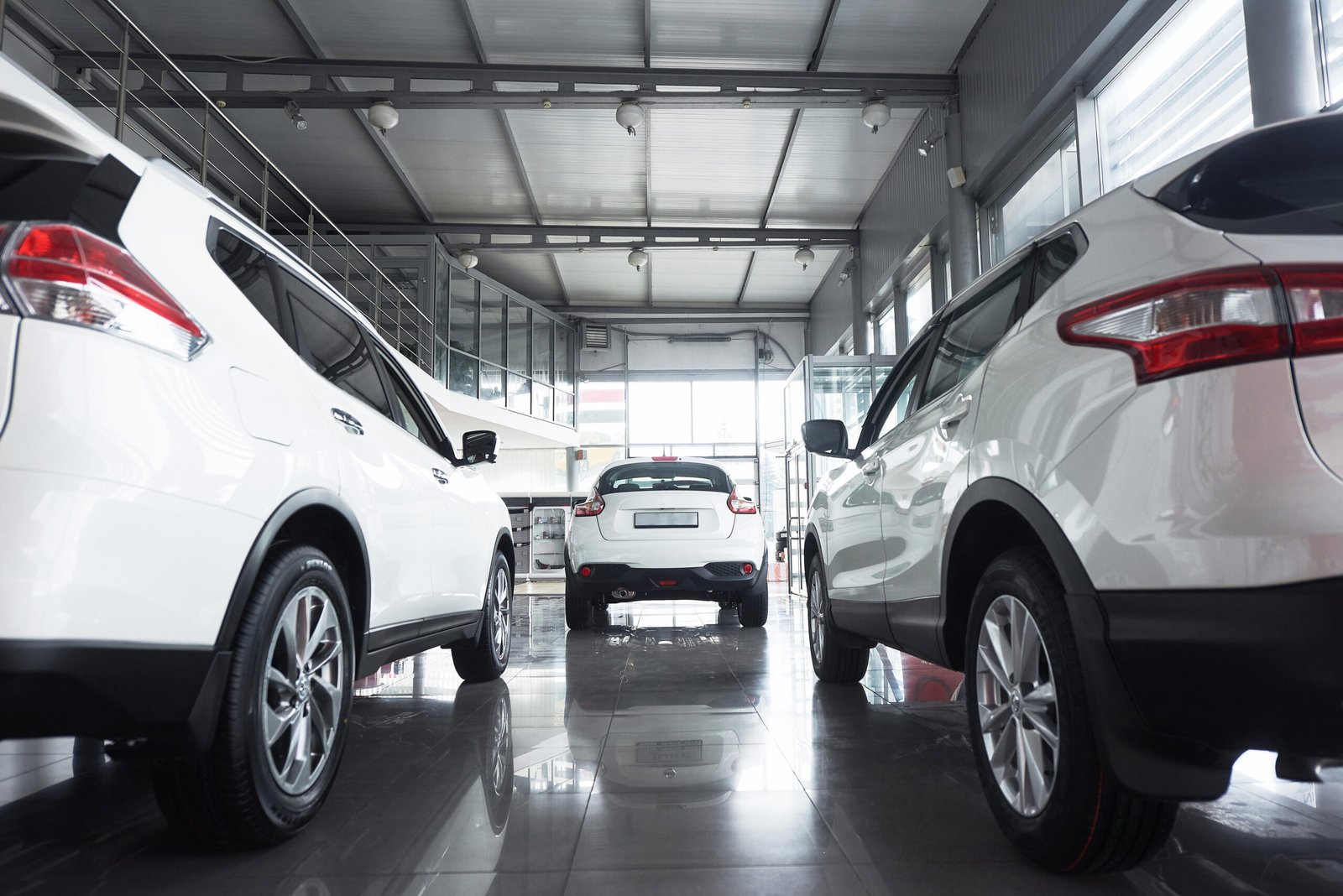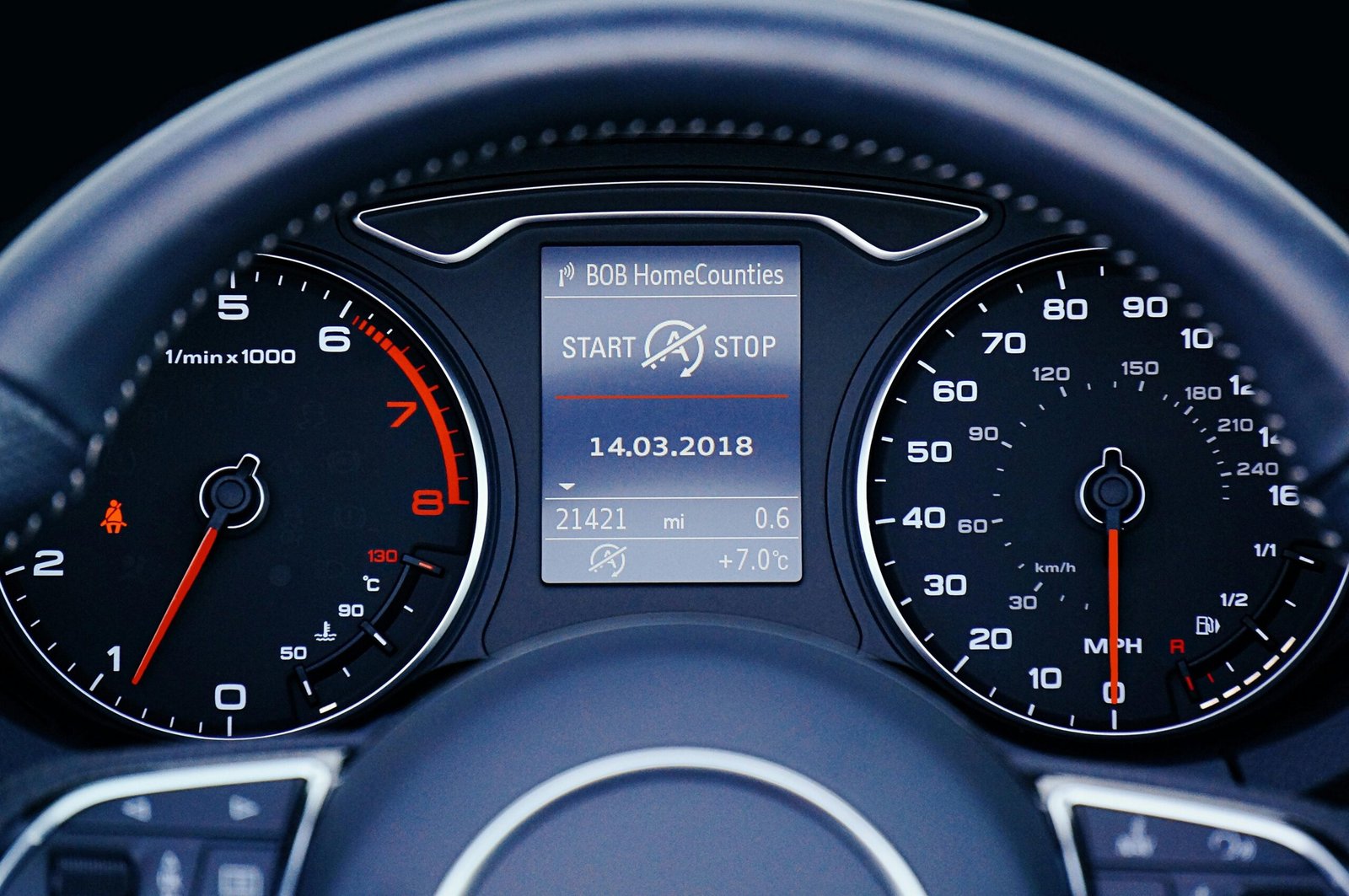1. Introduction
Choosing between a new and a nearly new car is a decision that involves weighing various factors, from financial implications to personal preferences. While new cars offer the allure of the latest models with advanced features, nearly new cars attract with their better value proposition and lower depreciation rates. Understanding the pros and cons of each option is crucial in making an informed decision that aligns with your personal and financial circumstances.
2. Advantages of Buying New Cars
2.1 Latest Technology and Features
New cars are at the forefront of automotive technology, offering the latest advancements in safety, comfort, and efficiency. This includes cutting-edge driver assistance systems, state-of-the-art infotainment options, and the latest in emission-reducing technologies. For tech enthusiasts or those seeking the highest standards in vehicle safety, a new car is often the go-to choice.
2.2 Warranty and Reliability
A new car comes with the assurance of a full manufacturer’s warranty, covering significant parts and labor costs for several years. This peace of mind is a compelling reason for many buyers, as it ensures that any manufacturing defects or unforeseen issues will be addressed without additional costs. Moreover, with a new car, you have the certainty that it hasn’t been subjected to any wear and tear, poor maintenance, or accidents.
2.3 Customization Options
One of the most appealing aspects of buying new is the ability to customize your car. From selecting the exterior color and interior finishes to choosing engine types and technology packages, you can tailor the vehicle to suit your exact preferences and needs. This level of customization is rarely available with nearly new cars, where choices are limited to what is currently available in the market.
3. Advantages of Buying Nearly New Cars
3.1 Reduced Depreciation
The most significant advantage of buying a nearly new car is the reduced rate of depreciation. A new car loses a substantial portion of its value in the first few years, often around 20% to 30% in the first year alone. Opting for a nearly new car allows you to avoid this initial depreciation hit, getting more car for your money.
3.2 Lower Costs
Besides lower depreciation, nearly new cars generally come with a lower price tag. This price difference can be substantial, allowing buyers to either save money or opt for a higher-spec model within the same budget. Additionally, the insurance premiums for nearly new cars are typically lower than for brand new cars, contributing to ongoing cost savings.
3.3 Proven Reliability
With a nearly new car, there’s the advantage of being able to research its track record. You can access a wealth of information about the car’s reliability, common issues, and owner reviews. This real-world data can be more telling than the manufacturer’s claims and assurances that come with new cars.
4. Considerations for Decision Making
4.1 Budget Constraints
Budget is often the most critical factor in the decision-making process. New cars, while offering the latest features and full warranty, come with a higher upfront cost. If budget constraints are a significant consideration, a nearly new car can provide more value and financial flexibility.
4.2 Usage and Lifestyle Needs
Your lifestyle and how you plan to use the car are important considerations. If you have a high daily mileage or require specific features for your comfort and convenience, a new car might be more suitable. In contrast, if your usage is moderate and you’re more flexible with features, a nearly new car could be a smart choice.
4.3 Long-Term Value
Consider your long-term plans for the car. If you tend to keep your car for many years, buying new might make more sense. The longer you own the car, the less impactful the initial depreciation becomes. On the other hand, if you change cars frequently, a nearly new car might be more economical due to its slower depreciation rate.
5. Financial Implications
5.1 Financing Options
Financing a new car can sometimes be easier, with manufacturers offering attractive deals like lower interest rates or bonuses. However, the total financial commitment, including the down payment and monthly installments, is generally higher for new cars.
5.2 Insurance Costs
Insurance costs tend to be higher for new cars due to their higher value and the cost of replacing parts. In contrast, the insurance premiums for nearly new cars are usually more affordable, reflecting the car’s lower replacement value.
5.3 Resale Value
The resale value is an important consideration, especially if you plan to sell the car in the future. New cars have a steeper depreciation curve, which can impact their resale value. Nearly new cars depreciate at a slower rate, potentially offering a better return on investment when it’s time to sell.
6. Environmental Considerations
6.1 Sustainability
From an environmental standpoint, opting for a nearly new car can be seen as a more sustainable choice. It maximizes the use of existing resources and reduces the demand for new manufacturing materials. This consideration is increasingly important for environmentally conscious consumers.
7. FAQs
Q: How does the choice between new and nearly new cars affect warranty coverage?
- A: New cars come with a full manufacturer’s warranty, while nearly new cars may only have the remainder of the original warranty, depending on their age.
Q: Are there reliability concerns with nearly new cars?
- A: While nearly new cars have been used, they often still have many years of reliable service ahead. Choosing a certified pre-owned vehicle can further alleviate reliability concerns.
8. Conclusion
Deciding whether to buy a new or nearly new car depends on individual priorities, financial capabilities, and long-term goals. New cars offer the latest technologies, full warranties, and customization options, but at a higher cost and with rapid initial depreciation. Nearly new cars provide better value for money, lower initial depreciation, and the benefit of knowing the car’s track record. Whichever option you choose, ensure it aligns with your personal needs, lifestyle, and financial situation.




